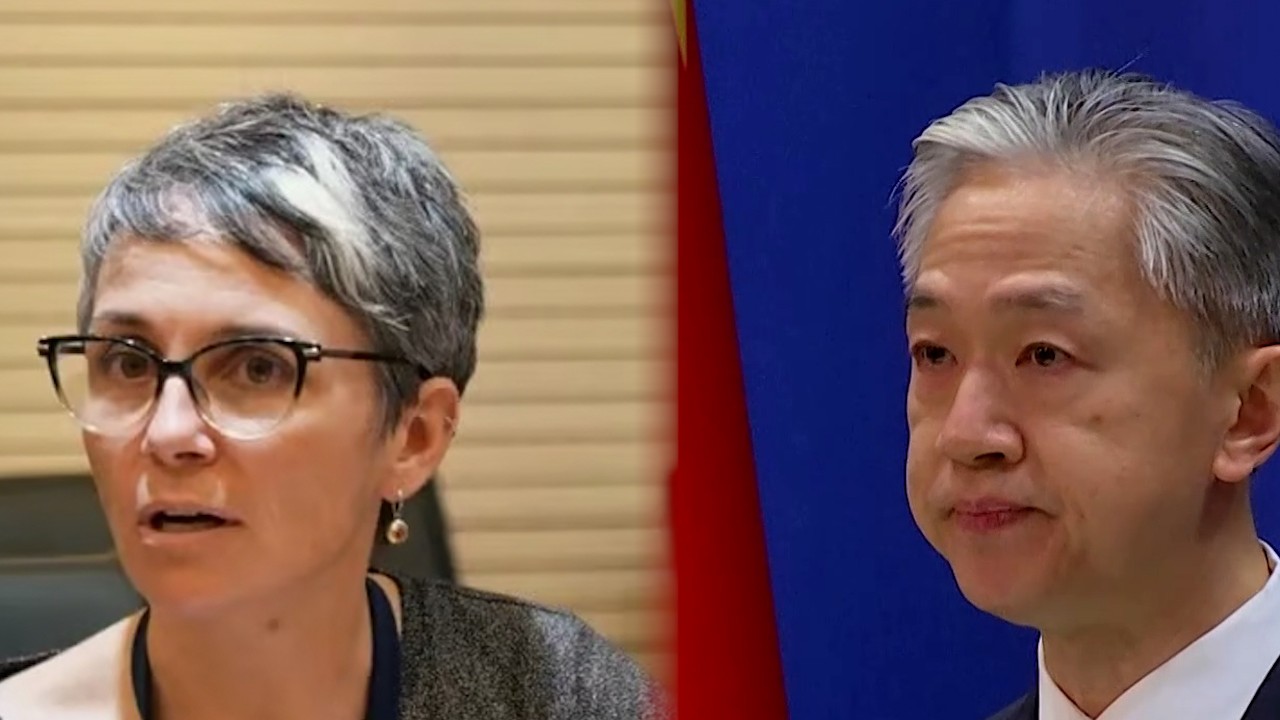
Can China and Canada keep latest row under control after diplomats expelled?
- Beijing’s tit-for-tat expulsion of a Canadian envoy is seen by some analysts as a way of warning Ottawa not to take things further
- The move came after a Chinese diplomat accused of targeting a Conservative lawmaker was told to leave Canada
Beijing has called the accusations “unfounded” and “politically driven,” while the Canadian government has promised to crack down further on “foreign interference” if necessary.
But China’s reciprocal response indicated it was looking to “manage escalations”, according to Chong Ja Ian, an associate professor of political science at the National University of Singapore.
“The tit-for-tat is, I think, to signal to Ottawa that Beijing is serious and can bring more pressure to bear should Ottawa decide to pursue the matter,” he said.
“Should investigations [by Canada] result in other administrative and judicial processes, Beijing could respond more strongly.”
China is Canada’s second largest trading partner behind the United States, and is a key importer of goods such as coal and canola.
Total trade between the two countries climbed to nearly C$130 billion (US$96 billion) in 2022, according to Statistics Canada.
Xue Ye, a postdoctoral research fellow at the University of Alberta’s China Institute, said the reciprocal expulsion indicates Beijing wants to avoid the row spilling over from the diplomatic sphere and affecting sectors such as trade – but is also warning Canada to be “self-restrained”.
“Beijing’s purpose is to retaliate against Ottawa and compel it to return to a normal positive reciprocal relationship,” he said.
While Canadian Prime Minister Justin Trudeau said he would not be “intimidated”, both sides have so far refrained from measures that could escalate the row and both sides have adopted what observers describe as a restrained tone.
Canada will not be intimidated by China, Trudeau says in row over diplomats
China’s foreign ministry spokesman Wang Wenbin said Beijing would only resort to further measures “if Canada decides to continue” its actions.
“The key task now is to facilitate some sort of exchange between both sides,” Zhu said.
But Trudeau has faced increasing calls to take stronger actions against China amid numerous reports of alleged interference in Canada’s internal affairs, and Zhu warned that the government cannot let itself be “hijacked” by domestic pressure.
On Monday, opposition parties voted unanimously in favour of a non-binding motion calling on the federal government to expel any Chinese diplomat accused of “affronts to Canadian democracy”.
A special rapporteur appointed by Trudeau will also soon make a decision on whether to launch a public inquiry into leaked reports from Canada’s spy agency that China meddled in the country’s last two elections.
Canadians want PM Trudeau to get tougher on China, poll shows
Chong from the National University of Singapore said if more evidence of Chinese interference in Canada or elsewhere emerges, it will heighten mistrust.
“Miscalculations are more likely in such low-trust environments,” he said. “However, those mutual apprehensions also mean that the various sides are less willing to communicate despite its importance.”



